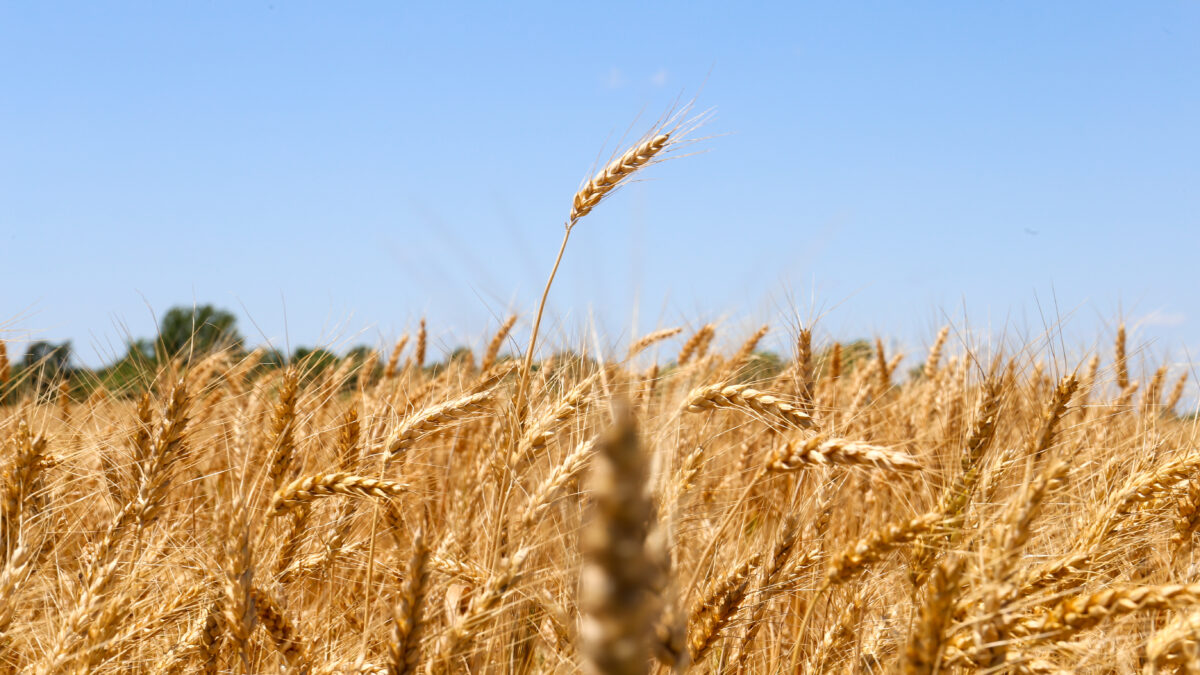House Poised to Take Up Farm Bureau-supported Tax Bill
TOPICS
TaxesErin Anthony
Director, Communications

photo credit: Tennessee Farm Bureau, Used with Permission
Erin Anthony
Director, Communications
The lower individual tax rates and the new business tax rate contained in the Tax Cuts and Jobs Act (H.R. 1), set for a House vote on Thursday, hold the potential to reduce income taxes for farmers and ranchers, according to the American Farm Bureau Federation.
The measure would also preserve many critical tax provisions farmers and ranchers need to manage tight margins and unpredictable income.
The Tax Cuts and Jobs Act would expand and increase expensing limits for Sec. 179 small business expensing and allow for unlimited immediate expensing. In addition, the bill would let farmers and ranchers continue to deduct customary business expenses including, but not limited to, feed, seed and other inputs. The deduction for state and local taxes is another tool that would continue to be available under the bill.
“A tax system that is fair to small business must allow for the deduction of all legitimate business expenses,” AFBF President Zippy Duvall wrote in a letter to House members in support of the measure.
Cash accounting and like-kind exchanges for buildings and land would continue under the Tax Cuts and Jobs Act, though not permanently, as farmers had hoped. These provisions are critical to people who operate low-margin businesses with unpredictable income streams.
“We look forward to working with Congress to make expensing provisions permanent so that farmers and ranchers will have the certainty they need to manage their farm and ranch businesses,” Duvall said.
The bill’s provision to increase the estate tax exemption and permanently repeal the tax in 2024 was cheered by farm and ranch families.
“While we would prefer immediate repeal, the doubling of the estate tax exemption indexed for inflation with a continuation of the spousal transfer is a positive intermediate step that will ease the burden for the vast majority of farmers and ranchers,” Duvall wrote.
Trending Topics
VIEW ALL